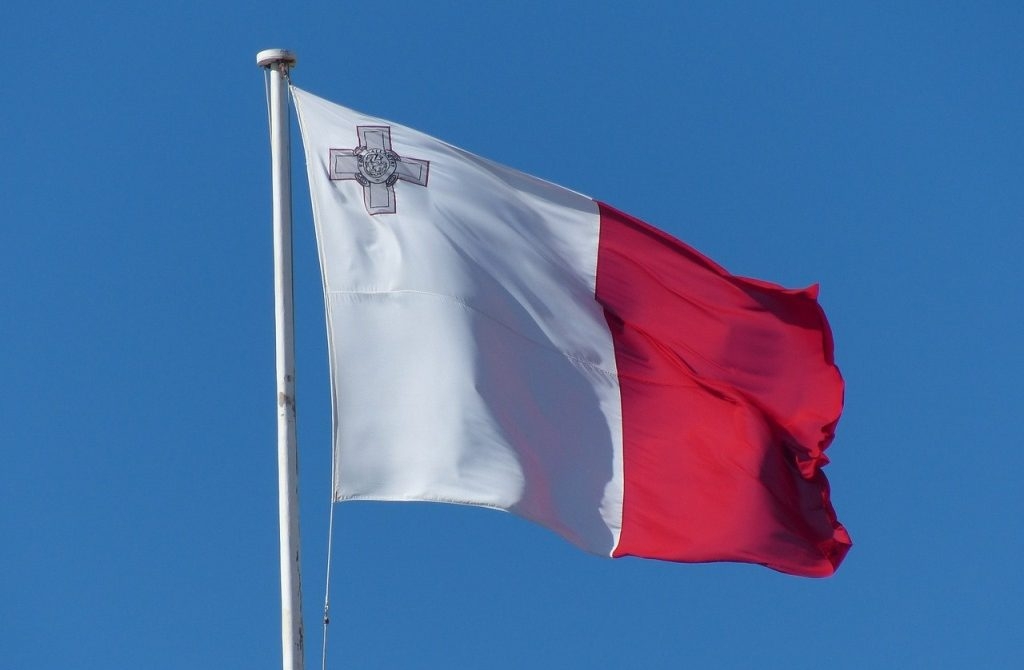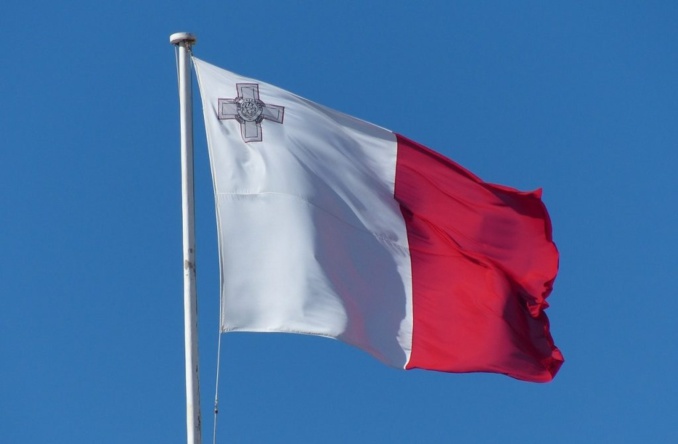On Thursday, the fourth largest trading exchange, OKEx Technology, announced its decision to open an office in Malta. The company is headquartered in Hong Kong, and there is an office in Belize. OKEx hope that Malta will become "a basis for the future growth of the company."
"We are waiting for the moment when we can start working with the government of Malta, because it is progressive and shares common values with us. The most important of them are the protection of traders and the public, compliance with requirements of the money laundering law and standards of customer identification, recognition innovation and importance of continued development of the blockchain ecosystem, "said OKEx CEO Chris Lee.
This is not the only victory of the Maltese authorities. In late March, the world's largest crypto exchange Binance announced its intention to open an office in Malta. According to Coinmarketcap, the daily turnover of this exchange is now almost $ 2.5 billion.
The trend coincides with the declared intention of the country’s authorities to become a new center of attraction for crypto-currencies and blockchain projects. Back in March, the parliamentary secretary for finance, digital economy and innovation Silvio Schembri confirmed that Malta is striving to become an "island of blockchain."
The success of Malta can primarily be explained by the most understandable and open legislation in the field of blockchain and crypto-currency. In addition, the country created the Malta Digital Innovation Authority (MDIA) to work with the latest technology. The new laws will become a basis for the first truly regulated ICO market and thus protect investors from scams and other pitfalls of the crypto industry.
Tim Byun, head of risk assessment and relations with the governments of OKEx, commented on the company's decision to open an office in Malta: "The law on virtual financial assets of Malta is a reliable basis for the industry, and joint work with the government will be aimed at stimulating the digital assets and blockchain industry. Malta's approach, based on a clear risk assessment, will help create a responsible, relevant and healthy ecosystem."
In addition, Malta has several advantages over many of its competitors. At present, Malta does not require a license for operations with crypto-currency and tokens unless you export them to traditional currencies and work only within this field. In addition, it is not necessary to be physically present on the island to create a business in Malta. The costs of incorporation and maintenance of business are relatively low, and tax administration is convenient and understandable.
source: coinmarketcap.com
"We are waiting for the moment when we can start working with the government of Malta, because it is progressive and shares common values with us. The most important of them are the protection of traders and the public, compliance with requirements of the money laundering law and standards of customer identification, recognition innovation and importance of continued development of the blockchain ecosystem, "said OKEx CEO Chris Lee.
This is not the only victory of the Maltese authorities. In late March, the world's largest crypto exchange Binance announced its intention to open an office in Malta. According to Coinmarketcap, the daily turnover of this exchange is now almost $ 2.5 billion.
The trend coincides with the declared intention of the country’s authorities to become a new center of attraction for crypto-currencies and blockchain projects. Back in March, the parliamentary secretary for finance, digital economy and innovation Silvio Schembri confirmed that Malta is striving to become an "island of blockchain."
The success of Malta can primarily be explained by the most understandable and open legislation in the field of blockchain and crypto-currency. In addition, the country created the Malta Digital Innovation Authority (MDIA) to work with the latest technology. The new laws will become a basis for the first truly regulated ICO market and thus protect investors from scams and other pitfalls of the crypto industry.
Tim Byun, head of risk assessment and relations with the governments of OKEx, commented on the company's decision to open an office in Malta: "The law on virtual financial assets of Malta is a reliable basis for the industry, and joint work with the government will be aimed at stimulating the digital assets and blockchain industry. Malta's approach, based on a clear risk assessment, will help create a responsible, relevant and healthy ecosystem."
In addition, Malta has several advantages over many of its competitors. At present, Malta does not require a license for operations with crypto-currency and tokens unless you export them to traditional currencies and work only within this field. In addition, it is not necessary to be physically present on the island to create a business in Malta. The costs of incorporation and maintenance of business are relatively low, and tax administration is convenient and understandable.
source: coinmarketcap.com



















